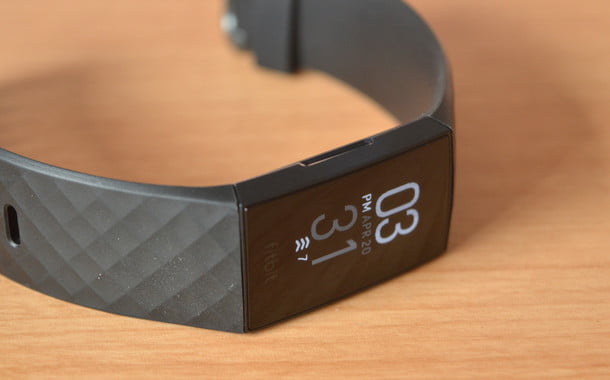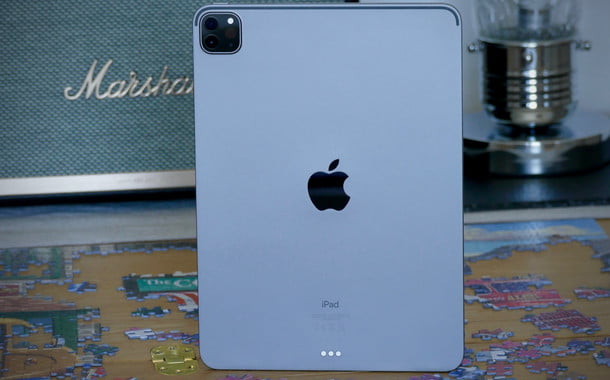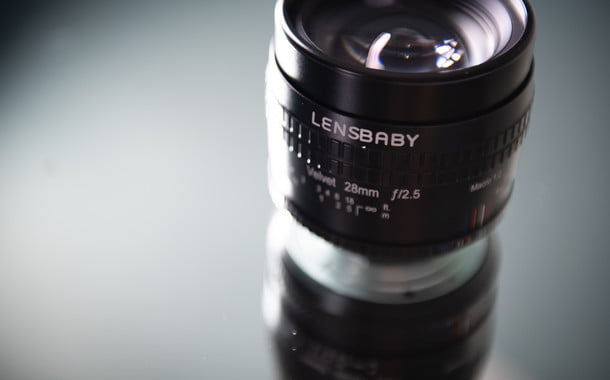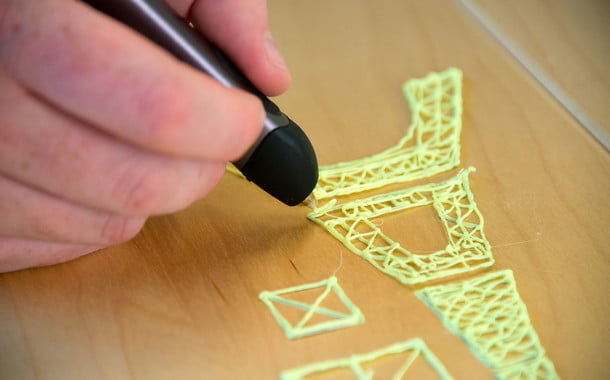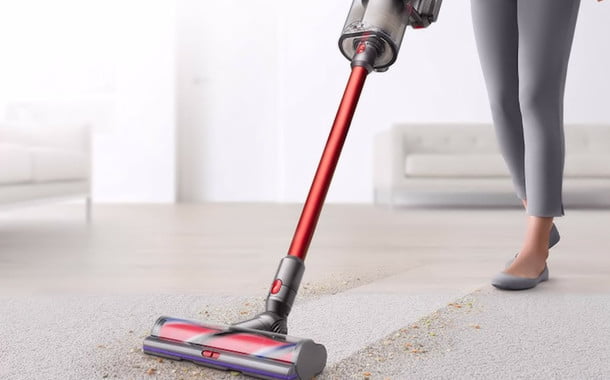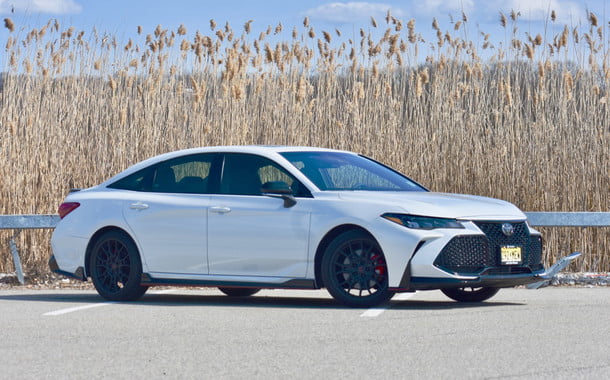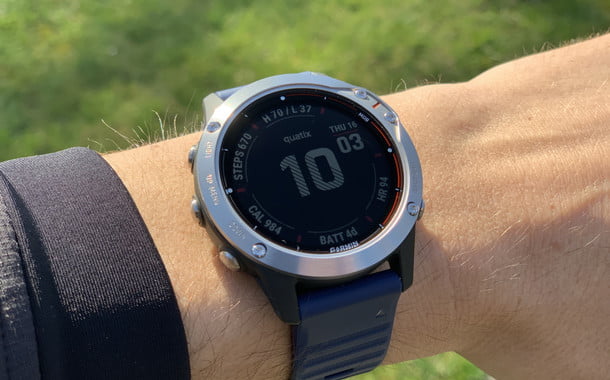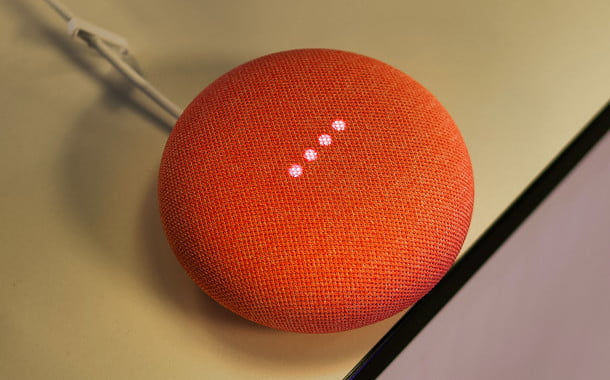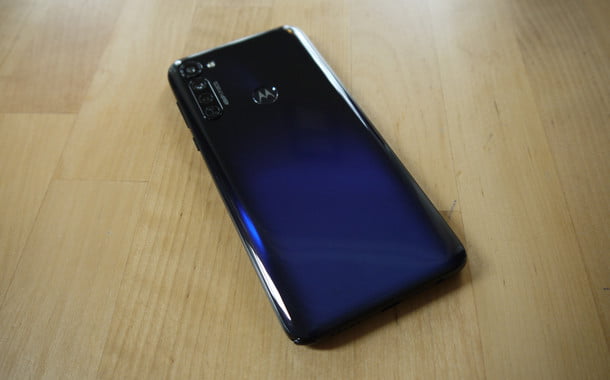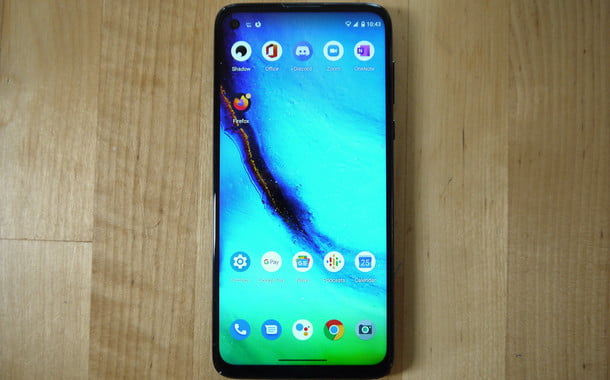Fitbit Charge 4 Review: The Fitness Tracker To Buy

"The Fitbit Charge 4 is a great fitness tracker at an affordable price."
-
Excellent fitness tracking
-
Some intelligent functions
-
Good battery life
-
GPS installed
-
Solid value
-
Limited music support
-
Slightly outdated design
-
Ad could be better
It is important to me to keep track of my health. I use MyFitnessPal to track what I eat, Sleeptracker to monitor my sleep, and Apple Watch to track my fitness and activity. All of this information is linked in the Apple Health app. The Apple Watch even made me aware that I might have atrial fibrillation – a diagnosis that was later confirmed by cardiologists. In a world with all of these high-tech, artificially intelligent tracking systems, the humble Fitbit can feel a little old-fashioned.
While the Fitbit Charge 4 can't keep up with the Apple Watch in many areas, it's pretty much the best fitness tracker you can buy for the price. This is especially true since the device now finally offers integrated GPS and new heart monitoring functions.
Let’s take a closer look.
design
The Fitbit Charge 4 looks almost identical to the Fitbit Charge 3 – and although the Charge 3 offered an updated design, it still feels a bit dated at this point. That doesn't mean it's ugly. The device is small enough to look good on wrists of all sizes, and easily adaptable thanks to the wide range of straps.
There is a 1-inch monochrome OLED display with a resolution of 160 x 100 pixels on the front of the device. The display is pretty boring and sometimes frustrating to use. It is not always on and often does not wake up when you raise your wrist. In addition, it is not very bright and can sometimes be difficult to read in sunlight. An updated display would have been desirable here.

On the Charge 4 side there is a haptic button that activates the display and serves, among other things, as a home button in the device software. It works well, although sometimes you have to push harder to make it work. However, you will get used to it. The charging pins and a heart rate monitor are located on the underside of the device.
As you would expect from a fitness tracker in 2020, the device is waterproof up to 50 meters and therefore supports swimming tracking. I was unable to get to a pool due to the ongoing ban to test this.
In general, the overall design of the Fitbit Charge 4 could be described as "good". It does the job. It is not noticeable and the display is somewhat lackluster. After all, this is not a smartwatch, but a fitness tracker. And it looks like this.
Track fitness
Before you actually track your fitness, you should dive into the app and find out which activities you think will be used the most since the device contains only six shortcuts each. I actually thought the Charge 4 couldn't track tennis, but it can track a variety of activities – you just have to indicate which ones are most important to you. By default, the shortcuts include running, cycling, swimming, treadmill, outdoor training, and walking.
It's a little annoying that only six links can be included. I wouldn't call myself the most active person out there, but I'm still chasing walks, runs, weight training, and occasional tennis and swimming lessons. It's easy to imagine that someone has to do more than six types of activities on a regular basis.

New for the Charge 4 is the built-in GPS, a very welcome addition. With the GPS, you can finally leave your smartphone at home if you want to physically follow your run. I found the GPS accuracy to be pretty accurate – and even slightly more accurate than the Apple Watch.
The fact that the device has an integrated GPS surpasses most other trackers, especially in this price range. Most other GPS-enabled devices are fully functional smartwatches, with the exception of Garmin Vivosport, which deals with other features like swimming tracking and some other fitness metrics.
The workouts that use GPS track things like pace, speed, distance, time, and heart rate. Other workouts record time, calories burned, and heart rate. It's a good range of metrics, and these things can all be seen directly from the Fitbit app.
The Charge 4 can automatically track some workouts like running, walking, cycling, elliptical training and more. This has been useful more than once. During this period of social distancing, I try to take at least a few walks a day – and I may not remember starting a workout to follow them because I do not always see them as "workouts". The Fitbit Charge 4 covered me because I was pleasantly surprised to see all of my walks in the app.
You can also track your sleep with the Fitbit Charge 4. While wearing a device in bed takes a bit of getting used to, a lot of data is collected – and when you get Fitbit Premium, you'll see how Fitbit breaks down your score. It's hard to determine how accurate sleep tracking is without a dedicated sleep lab, but the results seem to match my attitudes toward my sleep and the rating I get from Sleeptracker.
Although I haven't tested it for obvious reasons, the Charge 4 offers menstrual cycle tracking. With the app you can log symptoms and moods and compare them with other users and previous months. The Charge 4 also helps with mental health – thanks to the integrated Relax app, which allows you to do breathing exercises.
Not quite a smart watch
Now let's get this out of the way. The Fitbit Charge 4 is not a smartwatch. If you want a smartwatch, you should look elsewhere.
That doesn't mean the Fitbit Charge 4 doesn't have intelligent features. On the contrary, it can do a number of things you would expect from a smartwatch. You can see many notifications on your wrist, including text messages, calls, and more. The device now supports Fitbit Pay, which makes mobile payment easier.

Another new feature is the ability to control music playback on your phone using Charge 4. Unfortunately, the feature is limited to Spotify and you cannot control the music during exercise. This makes the tracker function pretty useless for fitness purposes. You also cannot save music to your device. If you want to use GPS support to leave your phone at home but still want to listen to music, you're out of luck.
This essentially completes the Smartwatch-like list of functions in Charge 4. It does not have to be included in an app store. It cannot record audio. No calls are answered. GPS navigation cannot be provided. The local weather is not shown. And so on. The lack of this feature is not a real flaw on the Charge 4, as its focus on fitness undoubtedly adds to the tracker's reasonable price.
If you're looking for a real smartwatch, you should consider other options. If you're an Apple user, you can only pay a little extra for an Apple Watch Series 3. The Apple Watch is not quite as detailed in fitness tracking, but it is very powerful and offers all the other functions you would expect from a smartwatch.
The Fitbit app
Merging all the data the tracker collects is the app – and it's a home run. Fitbit has been working on his app for years and it is incredibly detailed. The app's dashboard shows things like the number of steps you've taken, the number of floors you've climbed, your heart rate, and more. Tap these metrics to see more detailed information.
During a run, you can see on a map where you ran, along with the “heart zones” reached on that map and your pace. Scroll down and you'll get an overview of your height, a breakdown of your heart zones, heart rate information, calories burned and much more.
The app is great for tracking and rewarding goals. You can find all types of goals on offer, including weekly and daily goals. Active Zone Minutes takes recommendations from the World Health Organization and the American Heart Association and converts these recommendations into minutes of training. It can be a little confusing, but the essence is that you give more credit to your goals for more intense training, which encourages users to push themselves.
You have to look in the settings to find some of the features offered. However, once you get used to the design of the app, it's easy to find out. For example, you can't just go to the Settings menu to tweak your device's settings, you have to tap your device first and then go to its own Settings menu. It makes sense if you think about it, but it can still be a little confusing.
Overall, the Fitbit app is fantastic. It is well designed and makes it easy to sort the huge amount of data that the Fitbit Charge 4 collects.
Battery life
The Fitbit Charge 4's battery life is up to an impressive week of use – but this largely depends on how often you use GPS. According to Fitbit, you only get five hours of operation when GPS is activated. In practice, the battery will be empty for a few days when you use the device to track workouts.
That's not bad. With “real” smartwatches, you can only work for a day or two.
Although battery life is good, the fact that you may be using this device to track your sleep means that you need to actively think about when to charge your charge. For some, it's in the shower or when you're sitting at your desk.
Our opinion
The Fitbit Charge 4 is the best fitness tracker on the market. Thanks to the built-in GPS, it's significantly better than the Charge 3, and the Fitbit app allows those who want to dive into their fitness metrics to do so.
However, the age of fitness trackers is coming to an end. If you're an Apple user, you can purchase a new Apple Watch Series 3 for just $ 50 more. If you can afford it, an Apple Watch Series 4 or 5 is even better. On the Android side there are watches like the Samsung Galaxy Watch Active 2.
On the fitness tracker side, the only competition comes from devices like the Samsung Galaxy Fit, the Huawei Band 4 Pro, and some Garmin devices – but in any case, you sacrifice either GPS or decent software. The Fitbit Charge 4 is the complete package.
Is there a better alternative?
If you're looking for a traditional fitness tracker, the Fitbit Charge 4 is the way to go, and competition is very little in the way. If you're looking for a versatile device that can do more than just fitness tracking, consider something like the Apple Watch.
Do you want more options? Check out the best fitness trackers for 2020.
How long it will take?
The Fitbit Charge 4 should last at least a few years under normal use. The body is designed to withstand a few bumps and has a water resistance of up to 50 meters.
Should you buy it
Yes. The Fitbit Charge 4 is a great fitness tracker, and the Fitbit app is an almost perfect companion.
Editor's recommendations

